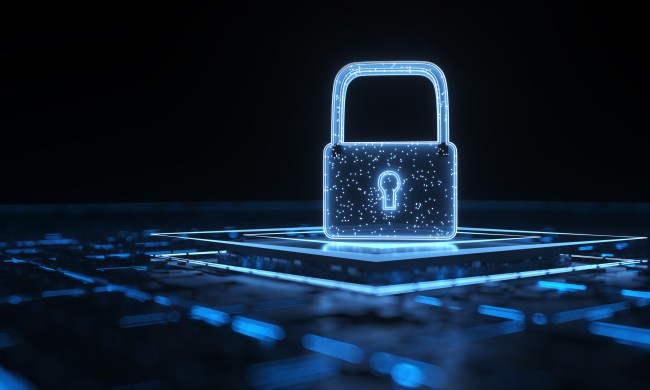
According to the survey, conducted by OnePoll and sponsored by customer identity management provider Gigya, only 16 percent of consumers maintain a unique password for each online account. That means that the vast majority of us are reusing the same string over and over again, so if one account is compromised, we’re in some serious hot water.
And compromised they are — over 25 percent of respondents said they’d experienced a digital breach in the last 12 months, which is likely due to our penchant for creating passwords like “password,” “1234,” or using names or birthdays to secure vital information.
Surprisingly, the worst demographic in terms of online security practices is the one that should know best — millennials, who grew up with the internet, were found to be the most unsafe password creators. While 42 percent of Generation Xers and 53 percent of baby boomers create secure passwords, only 33 percent of millennials could boast to doing the same. And millennials have also experienced a greater number of security breaches in the last year, with 35 percent reporting some sort of security breakdown recently.
So what’s the solution? For many, passwords seem like antiquated technology. Indeed, 52 percent of all respondents said they would rather log into online accounts using modern authentication methods such as biometrics (fingerprint scanning, voice recognition, facial recognition, or iris scanning) or two-factor authentication. Moreover, 80 percent of consumers said they believed biometric authentication to be more secure than traditional usernames and passwords, and almost half of millennial respondents claimed to have already used at least one form of biometric authentication.
“Within the next 10 years, traditional passwords will be dead as an authentication form,” said Patrick Salyer, CEO of Gigya. “Consumer-focused brands require modern customer identity management infrastructures that support newer, more secure authentication methods, such as biometrics. Businesses that are already using advanced authentication methods demonstrate increased customer registration and engagement while enjoying greater login convenience and security.”


